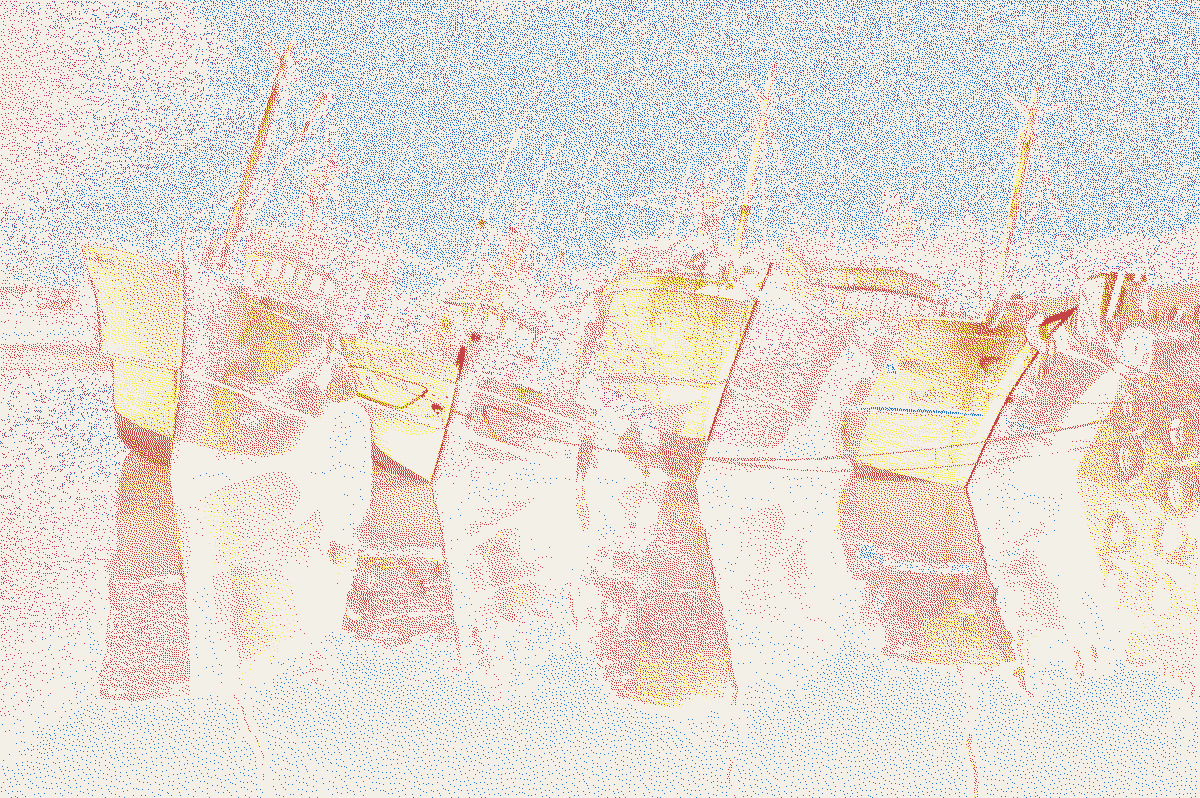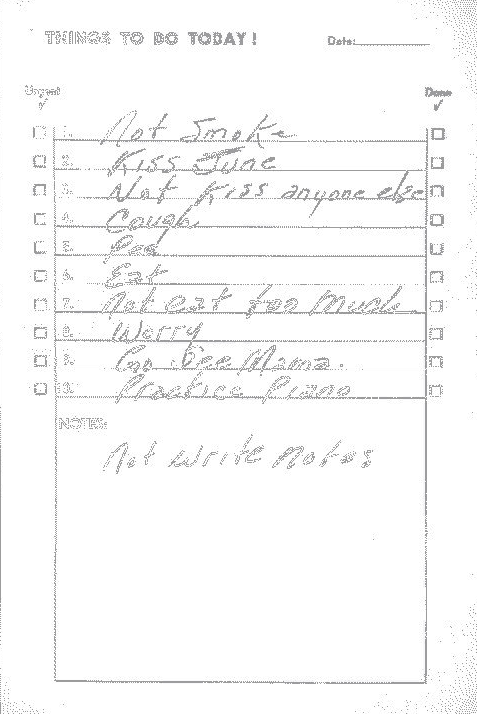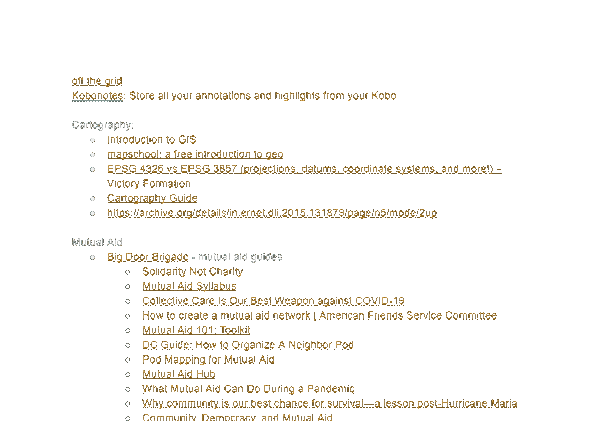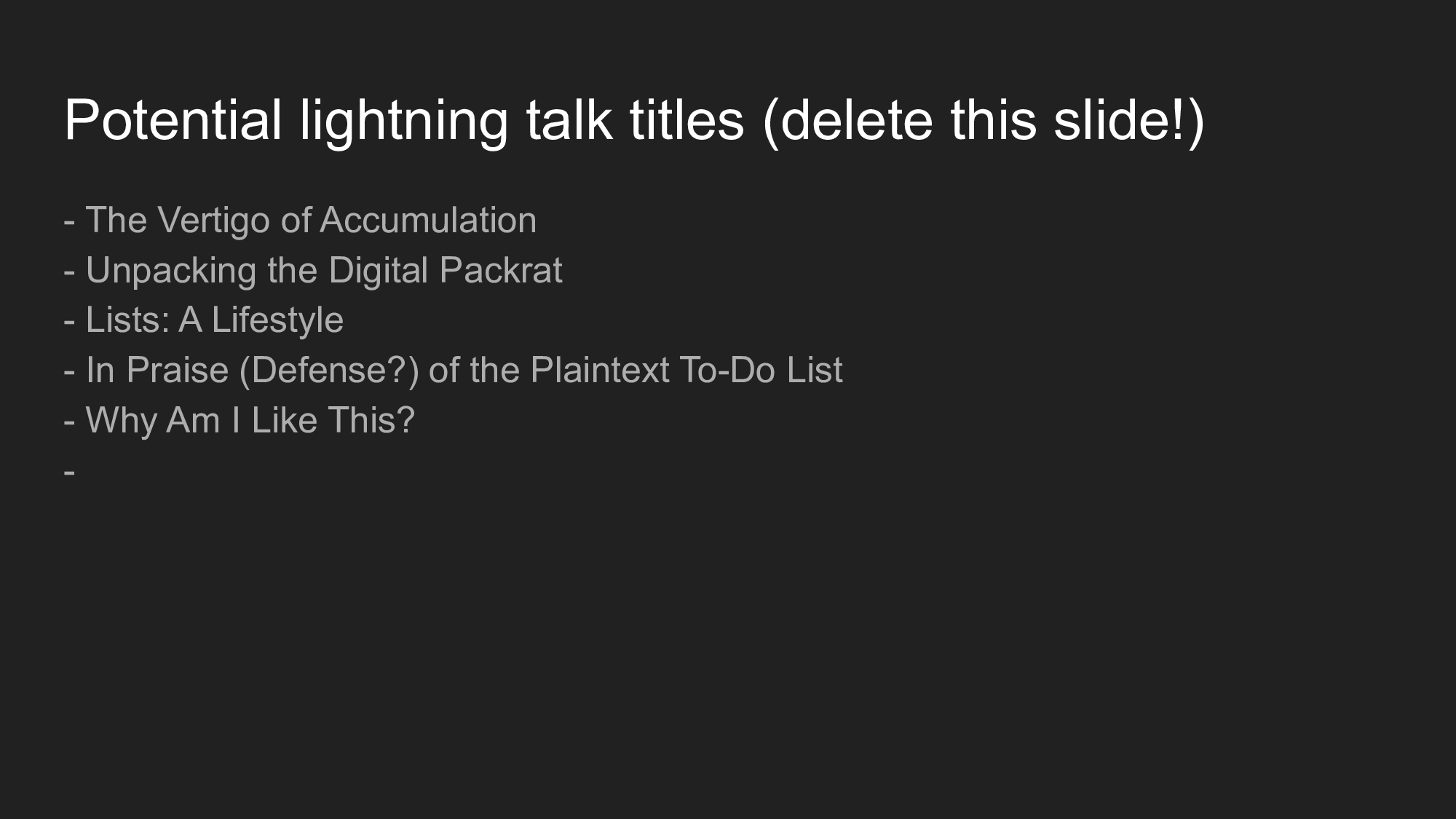Lists and I
or: How I Learned to Stop Worrying and Love the List

Some boats, listing.
- He’s on one again. My dad is driving me back from the airport, and listing the best player of his lifetime for each NBA team…geographically from West to East, forgetting none of them. Years later on hearing of this, my friend exclaims: “that guy’s mind is ORGANIZED!”
I don’t catalogue my mind. It’s unhealthy.
– Adam from Girls

A note allegedly penned by Johnny Cash.
- In my graduate-level David Bowie class, my favorite professor assigns “Notes on Camp.” It’s perhaps the greatest list of all time - and that’s coming from a born-’n-raised Lutheran! It’s so good, they made a Met gala out of it. The writing surprises; it delights. The form draws me to it, and into it, and all of a sudden, I’m inside. I become the list; I am home. Over the next two years, the lists proliferate, as a way of easing my fixations, organizing the mind - categorizing, prioritizing, integrating, separating, and analyzing my life. In list-town, I’ve set up camp.

Scrolling through my first intake note…things got out of hand.
A student makes hundreds of pages of photocopies and takes them home, and the manual labor [they exercise] in doing so gives [them] the impression that [they possess] the work. Owning the photocopies exempts the student from actually reading them. This sort of vertigo of accumulation, a neocapitalism of information, happens to many. […] There are many things I do not know because I photocopied a text and then relaxed as if I had read it.
– Umberto Eco, How to Write a Thesis (1977)
- Two years later, the lists settle into their first pattern, and in a lightning talk I’m trying to explain it - and why I love lists so much - to my coworkers. There’s the to-do list, the intake list, and then every item gets categorized and filed into the proper permanent list, right? Eyes glaze over. To regain their attention, I make fun of myself and share (a list of) pithy quotations.

My lightning talk presentation.
- The XRNYC Feedback Circle decides to explore more deeply how Extinction Rebellion is viewed in the media. Knowing little about media studies, I brute-force it: I proceed to collect and manually categorize every viewpoint expressed in more than a hundred negative articles from the alt-right to the radical left. Over time, and with each addition, a list of viewpoints becomes something more - a whole - a non-judgmental diorama of there American political landscape. The left and right overlap in interesting ways, though they conflict in more. No article is the same. And the power of a list emerges. A list is more than the sum of its parts. Without judgement, a list can thread many things together and help you to see the truth. It can even tell a story.

Protestors hold a banner with the Extinction Rebellion logo in Times Square which reads ACT NOW.
Nothing exists unless I maintain it (by my interest, or my potential interest). This is an ultimate, mostly subliminal anxiety. Hence, I must remain always, both in principle + actively, interested in everything. Taking all of knowledge as my province.
– Susan Sontag, As Consciousness Is Harnessed to Flesh: Journals and Notebooks, 1964-1980
- During a presentation on digital security, it strikes me that a powerpoint is really just a list in a different form. And so is a paragraph - a list of ideas. And books, a list of chapters. And life - and the universe. Actually, no, that’s too much, right? I mean, if it is, the numbering system is totally fucked! But anyway, there is something specific about a list - the sequencing, the focus, the packaging - that makes it not just useful, but potentially inspiring. What is a poem, if not a list? (Rather than contemplating this further, I write my “Notes on Digital Security.”)

To make a list or not to make a list, that is the…
- It’s my dad again. This time, I’m helping the former Jeopardy champ move his list of news articles and commentaries from one computer to another. Although I have never seen his list of lists before, it is remarkably similar to my own. This is obviously where I get it from - the archival instinct, the obsessive drive not just to learn, but to gather, to hoard. (I’m terrible at trivia though.)
What are we speeding towards? Are we saving time? Saving it up for what? […] How are you affected by a non-stop assault of symbolic communication — audio, visual, print, billboard, video, radio, robotic voices — as you wander through a forest of signs? What are they urging upon you? Do you ever need solitude, quiet, contemplation? Do you remember it? Thinking on your own, rather than reacting to stimuli? Is it hard to look away?
– Anonymous, The Contents of Your Daily Life

Sometimes, there just isn’t enough time.
- In 2024, I have embraced the list. It’s an experiment in self-actualization. It’s a lot; maybe too much. We’re talking work shit, life shit. To-dos out to wazoo. Lists of plans for lists of plans. A list of plants. Scans. But there are nice things, too - convenient, helpful, and lovely things. Rarely do I forget something at the grocery store. I always know what I need to work on next. Friends thank me for keeping up with them over the years (they’re on a list, or two). A partner, learning of my list of facts and notes about them, feels loved and cared for. Lists let me let go; not only can I forgive, but I can forget for a while. They let me play, and be free. Through lists, I dream, and then put my dreams in a little box that I can open back up whenever I want. And because of this, I have many dreams. Only time will tell which ones become a reality.
everything you encounter becomes part of you
you become part everything you encounter
we gather and are gathered
the materials you collect
they follow you
daunt you
tease you
weigh you down
support you
and you follow them
– Excerpt, Hannah Perner-Wilson, every project begins with a walk in the woods (2019)
